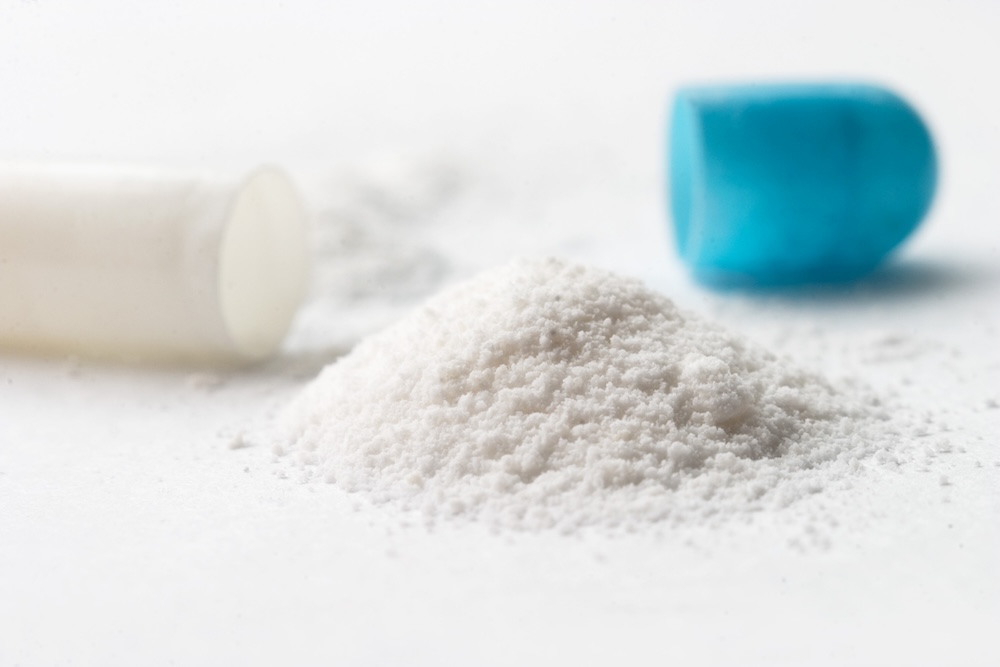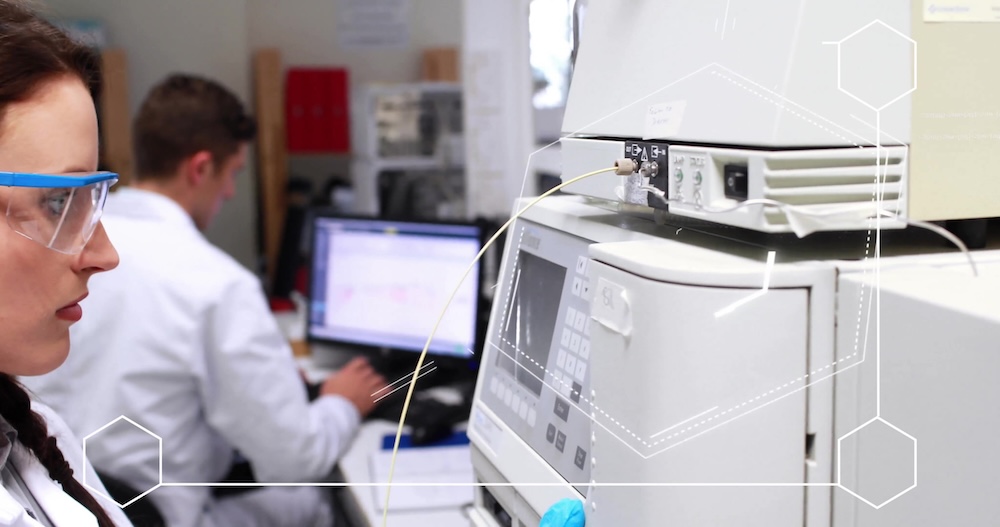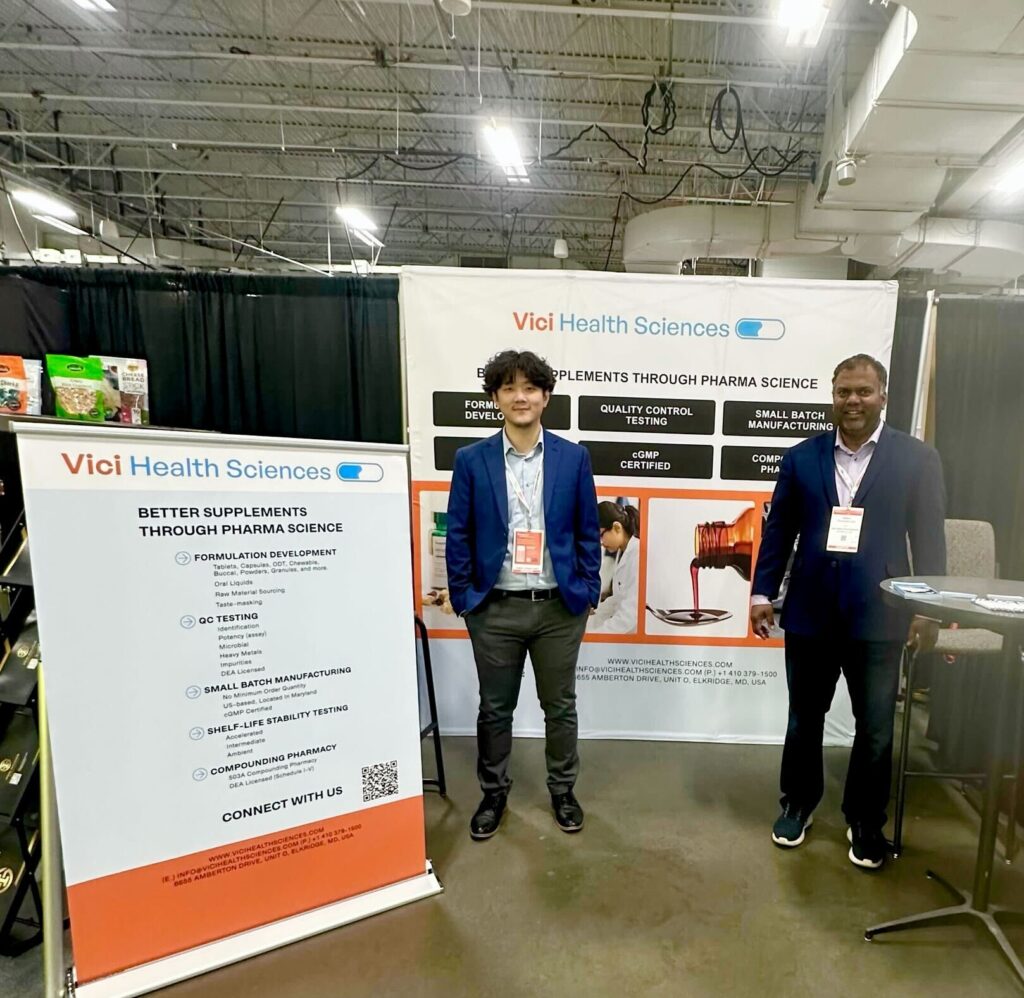In the pharmaceutical industry, CROs refer to contract research organizations that provide clinical trial services and non-clinical toxicology services to clients. On the other hand, CMOs and CDMOs refer to Contract Manufacturing Organizations and Contract Development and Manufacturing Organizations that primarily provide drug manufacturing and drug development services.
For small or mid-sized pharma companies looking to enhance drug development and manufacturing, knowing the differences between CRO vs CDMO and CMO vs CDMO is important. Being clear on the differences will save your pharmaceutical company valuable time and money.
Understanding the Terms
Contract Research Organizations (CROs)
CROs are specialized firms that support pharmaceutical companies throughout various stages of drug development. Their services include clinical research and clinical trial management, non-clinical or animal toxicology studies, clinical and data management.
Contract Development and Manufacturing Organizations (CDMOs)
CDMOs provide contract development and manufacturing services and have expertise in formulation development, analytical testing, process scale-up, and quality assurance.
Whether it is small-scale production for clinical trials or large-scale commercial manufacturing, CDMOs, such as Vici Health Sciences, have the capabilities to meet a wide range of production needs. At the same time, they must adhere to Good Manufacturing Practice (GMP) standards, as outlined in the FDA’s Quality Agreements guidance, to ensure the quality and integrity of the products they manufacture.
Contract Manufacturing Organizations (CMOs)
CMOs specialize in commercial drug manufacturing and are more suited for larger scale manufacturing work. Prior to undertaking CMO projects, a pharmaceutical company must have the product developed and ready for tech transfer. Nevertheless, it is common for people to use the term CMO or CDMO when they mean the other.
Important Distinctions: CDMO vs. CMO vs. CRO
1. Primary Focus
- CROs focus on research and clinical trials. They manage the design, execution, and analysis of clinical studies.
- Companies that provide non-clinical animal toxicology services are also referred to as CROs.
- CMOs specialize in the manufacturing of drug products, offering expertise in production processes.
- CDMOs combine both functions, supporting drug development and manufacturing across the entire product lifecycle.
2. Key Services
- CROs offer services such as clinical trial management, data analysis, regulatory submissions, and compliance consulting.
- CMOs focus on manufacturing services, including production, quality control, and scaling up processes for drug substances and finished products.
- CDMOs provide a full range of services, covering formulation development, pre-formulation studies, and commercial-scale manufacturing.
3. Role in Drug Lifecycle
- CDMOs and CROs are involved in early stages of drug discovery and clinical trials through scale-up and commercial batch manufacturing.
- CMOs handle phase 3 batch manufacturing and commercial production.
4. Regulatory Expertise
- CROs handle regulatory submissions for clinical trials and nonclinical toxicology studies, making sure they follow Good Clinical Practice (GCP) guidelines. In terms of analytical testing, CROs typically follow Good Laboratory Practices (GLP).
- CMOs and CDMOs adhere to Good Manufacturing Practice (GMP) standards throughout the production process. These organizations typically have expertise in CMC (Chemistry, Manufacturing, and Controls)
Which Partner is Best Suited for Your Drug Development Needs?
Selecting the right partner—whether a CRO, CMO, or CDMO—depends on your specific drug development requirements.
If you need support with clinical trials, a CRO may be the best choice. For manufacturing, a CMO brings the necessary expertise in large-scale production and quality control. If you require both development and manufacturing, a CDMO offers an integrated approach, helping reduce timelines and improve coordination.
At Vici Health Sciences, we offer tailored, end-to-end drug development solutions for emerging pharmaceutical companies. Our services include formulation development, analytical testing, cGMP clinical supplies manufacturing, FDA regulatory support, and more. With an experienced team of scientists and chemists, we deliver innovative solutions quickly and flexibly, providing exceptional value for better R&D outcomes.
For additional insights into working with CMOs and CDMOs, pharma companies and biotech firms can explore NIH SEED’s Quick Start Guide to CMOs and CDMOs, which highlights essential considerations for successful partnerships.
Improve Efficiency and Flexibility with Vici Health Sciences
Outsourcing key aspects of drug development, such as clinical trials or manufacturing, can bring significant benefits. By expanding their network of partners, pharma companies can reduce infrastructure costs and avoid large investments in production facilities.
Outsourcing also helps meet production deadlines and manage increased demand by offering the flexibility to scale up or add variations quickly without needing to adjust internal operations.
At Vici Health Sciences, we provide customized solutions to meet your drug development needs. Contact us today to learn how we can help simplify your process and improve your outcomes.





